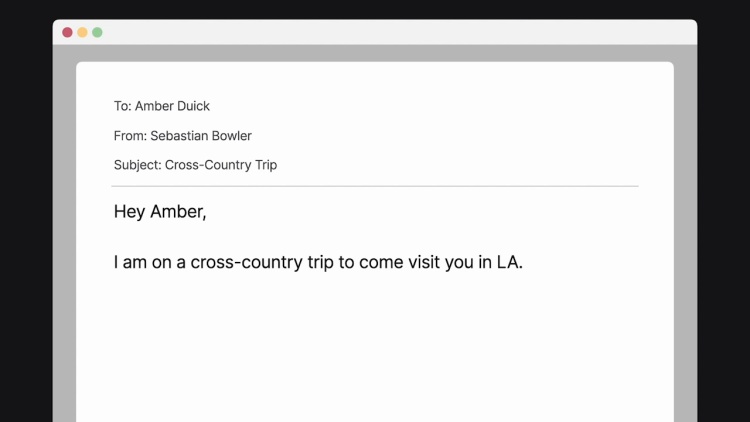Duick v. Toyota Motor Sales
California Court of Appeal
198 Cal. App. 4th 1316 (2011)

- Written by Sean Carroll, JD
Facts
Toyota Motor Sales (Toyota) (defendant) began an advertising campaign called “Your Other You.” As part of this campaign, a person (player 1) could register someone else (player 2) to participate. Player 2 would receive an email, purportedly from player 1, telling player 2 about the game and providing player 2 with a hyperlink to click to participate. Upon clicking the link, player 2 was presented with terms and conditions that he or she would need to click through to continue. The terms and conditions required that any dispute be resolved via arbitration. In this series of links, the game was labeled as a personality evaluation. Once participating in the game, player 2 would receive a series of emails from a fictional third party that appeared to have player 2’s personal information. Amber Duick (plaintiff) received an email inviting her to play the game. Duick clicked the link and began receiving unsolicited, disturbing emails, purportedly from a man she did not know. The man knew Duick’s address and other personal information and stated that he planned to stay with Duick, to “lay low at [her] place for a bit. Till it all blows over.” A subsequent email indicated that the man was on the run from police. Ultimately, a final email revealed that the man was fictional and that the game was a prank. Duick sued Toyota for intentional infliction of emotional distress, negligence, and false advertising. Toyota filed a motion to compel arbitration based on the game’s terms and conditions. The trial court denied the motion, and Toyota appealed.
Rule of Law
Issue
Holding and Reasoning (Rothschild, J.)
What to do next…
Here's why 911,000 law students have relied on our case briefs:
- Written by law professors and practitioners, not other law students. 47,100 briefs, keyed to 997 casebooks. Top-notch customer support.
- The right amount of information, includes the facts, issues, rule of law, holding and reasoning, and any concurrences and dissents.
- Access in your classes, works on your mobile and tablet. Massive library of related video lessons and high quality multiple-choice questions.
- Easy to use, uniform format for every case brief. Written in plain English, not in legalese. Our briefs summarize and simplify; they don’t just repeat the court’s language.





